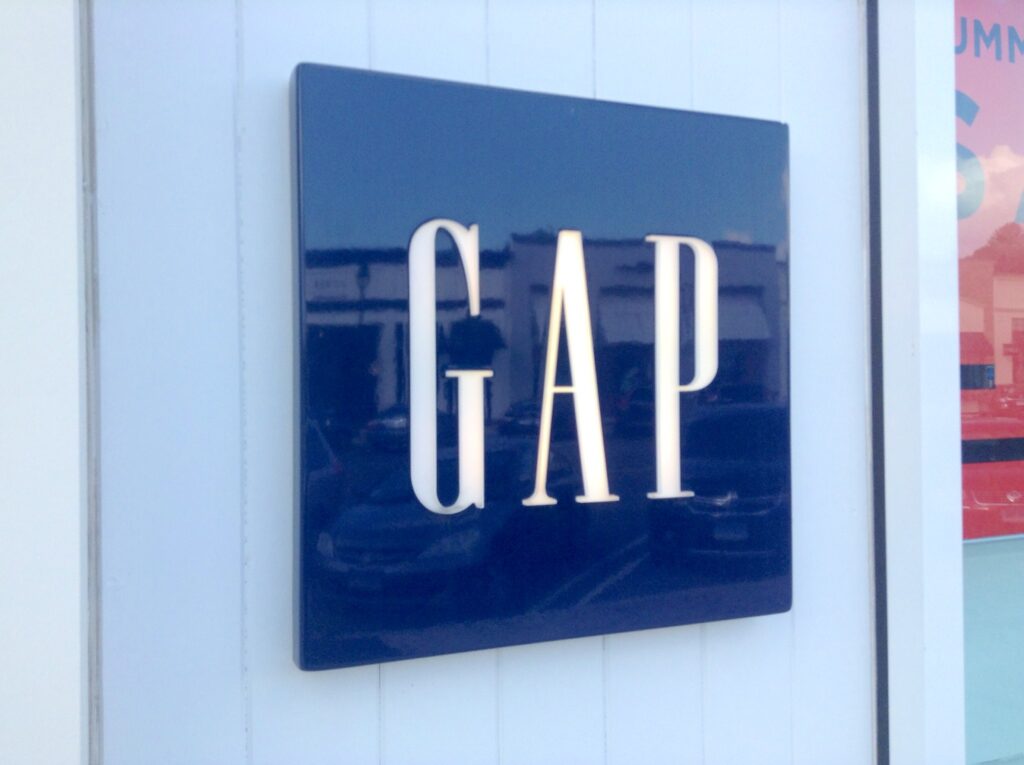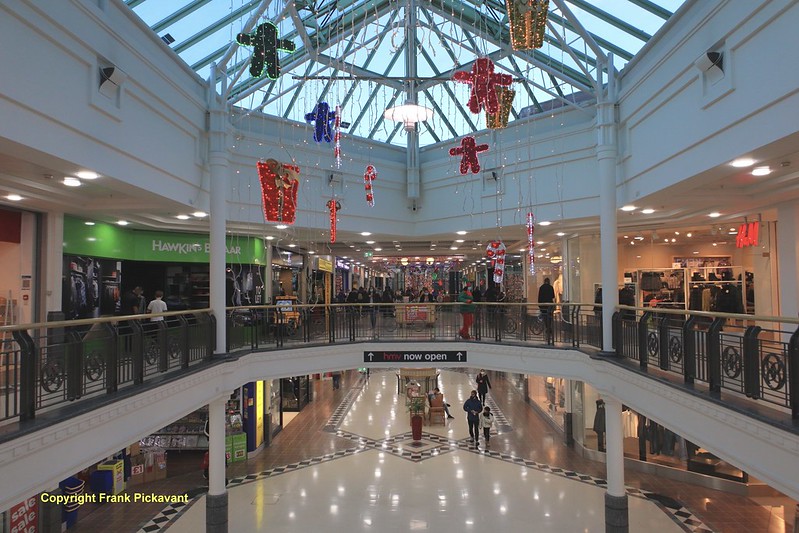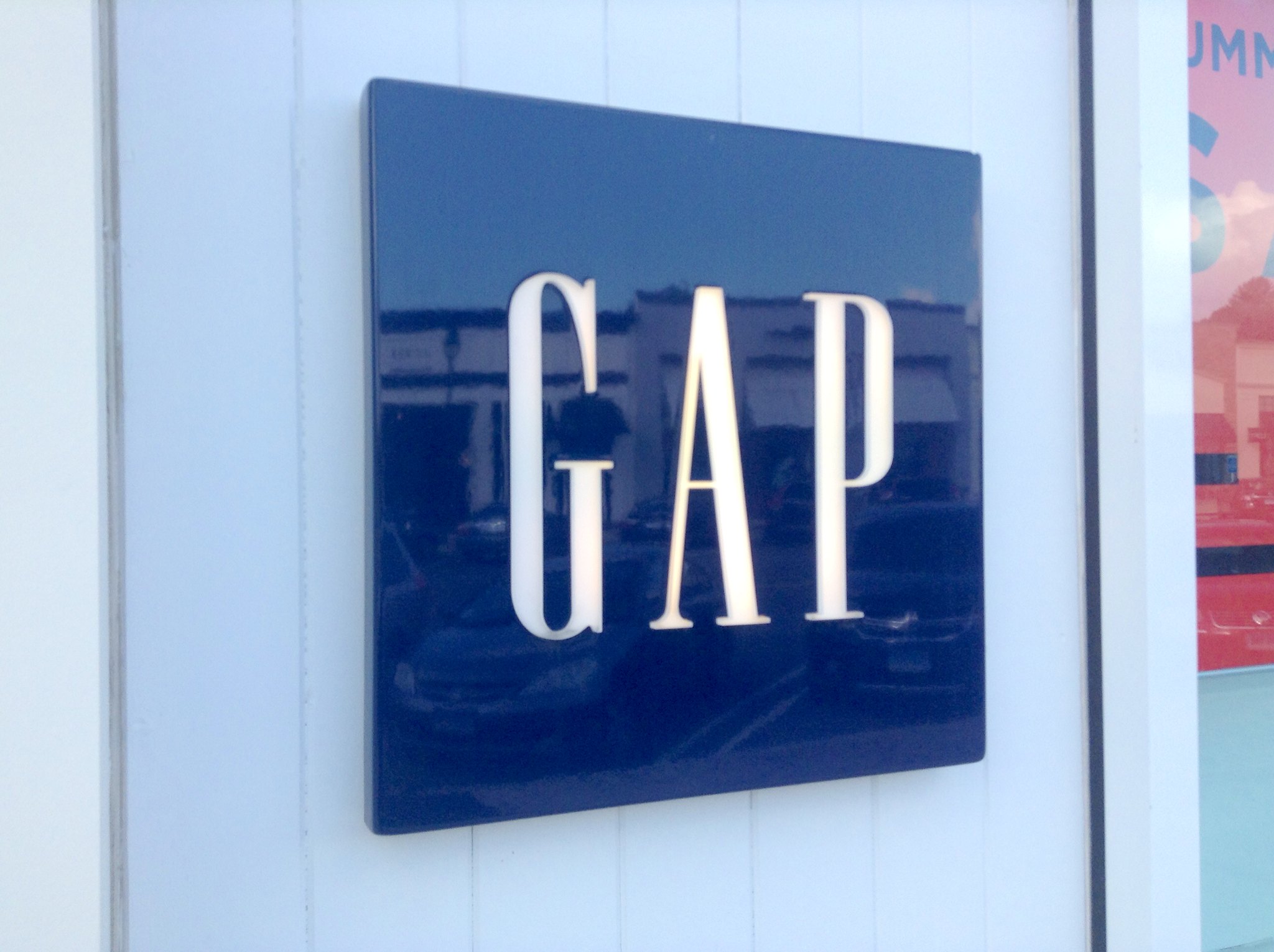Following on from other big retailers, Next and Gap deciding to partner up, we are set to see this partnership properly in action on the high street. It has been said that Next will open up five new Gap shop-in-shops within flagship stores. This was announced following the success of a pilot store in Oxford Street, London. The new shops are expected to be opened at the back end of 2022 in Lakeside, Manchester, and Birmingham.
It is fair to say that the Next deal has resurrected the status of Gap in the UK. Gap was forced to close down all 81 stores in the UK and Ireland between 2019 and 2020, which appeared to be a catastrophic ending in the UK for the American retailer.

Next now own 51% of this joint venture and Gap’s e-commerce side of things has been transferred over to Next’s Total Platform. Gap fans and lovers can now utilise Next’s free next-day delivery and returns system across 450 stores. This is believed to be Gap’s best hope of recovery of restoring its heritage and the solid reputation the brand formerly possessed.
The Decline of the High Street
For most, it was a surprise to see these two competing brands collaborate as they shared a similar demographic and target customer demographic, however by the looks of things it seems to be beneficial for both parties involved. It is a breath of new life for Gap and a prosperous business move for Next.
Gap’s recent struggles in the UK derived from the evolution of online shopping and the inability to keep up with the times. On the other hand, not all high-street retailers and businesses have sought out an escape plan that is as effective as Gap’s. High street shopping has taken a hit falling by 17% when compared to 2019. Another shocking stat is that over 30 shopping centres in the UK are now half empty and most do not have any current intentions to fill in these vacant spots.
It isn’t just the shopping scene in the UK that has been on the decline in recent years. There has been a closure of 460 high street betting shops just in the year 2021 due to their inactivity and decreasing unpopularity. This has been a detrimental financial burden for leading gambling operators. It is clear to see why the gambling scene in the UK has almost shifted entirely online. Prolific brands have taken heed of the developments and sought to remain as viable and convenient for the users of the digital age as possible. By offering a range of payment options, being ranked against competitors by objective online directories and offering competitive casino promotions, reputable companies like MrQ have successfully found their footing away from brick-and-mortar establishments.

Is Coming Together the Only Way to Recover?
The decline of high street shopping has forced smaller retailers such as Gap to become part of leading retail operators like Next. This poses the question of whether giant corporations will be the only survivors of this ever-changing economy. Do smaller retailers and businesses need a helping hand from larger ones and will they have to yield to the pressure of not being able to survive independently?






